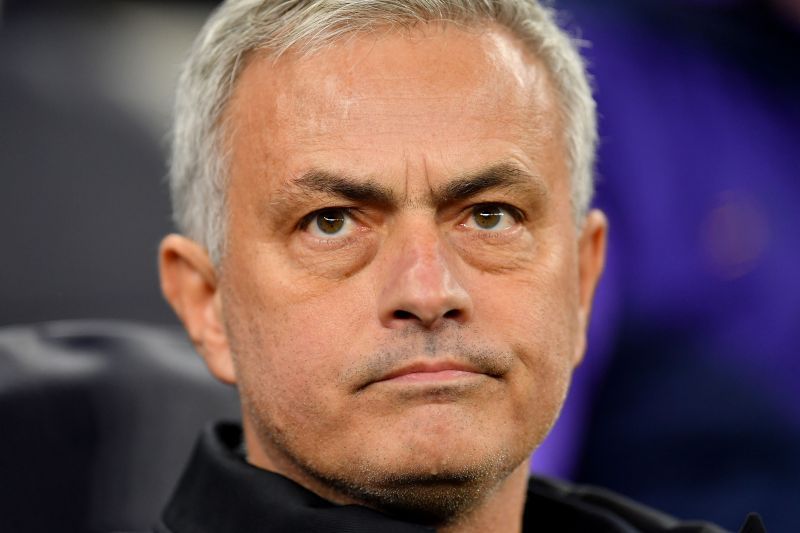
Why José Mourinho is 10 years too late for Tottenham Hotspur
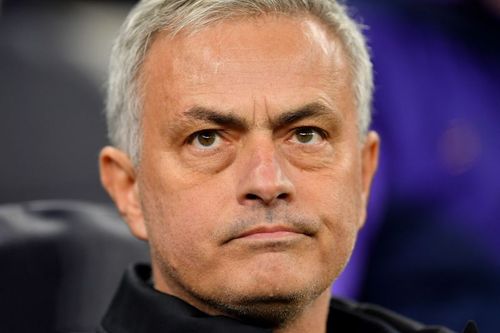
José Mourinho celebrated his 57th birthday on Sunday with his Tottenham Hotspur team still in the FA Cup following a 1-1 draw with Southampton the day before. With 25 trophies to his name, Mourinho is a serial winner, and he has been brought to north London for that very reason. Sadly for Spurs, they have made an appointment on the strength of his previous success, and the reality of the modern-day Mourinho is far removed from the Machiavellian figure who arrived in England back in 2004 with a hunger to succeed.
Few managers divide opinion in the modern game as much as Mourinho. The controversial Portuguese has achieved incredible success in his managerial career, and he has now been tasked with delivering an ambitious project at Tottenham Hotspur. The reconstruction of White Hart Lane has taken the club to another level, and their new status demands immediate success. Mourinho has delivered for different clubs both domestically and in Europe, but his past glory does not guarantee future achievement.
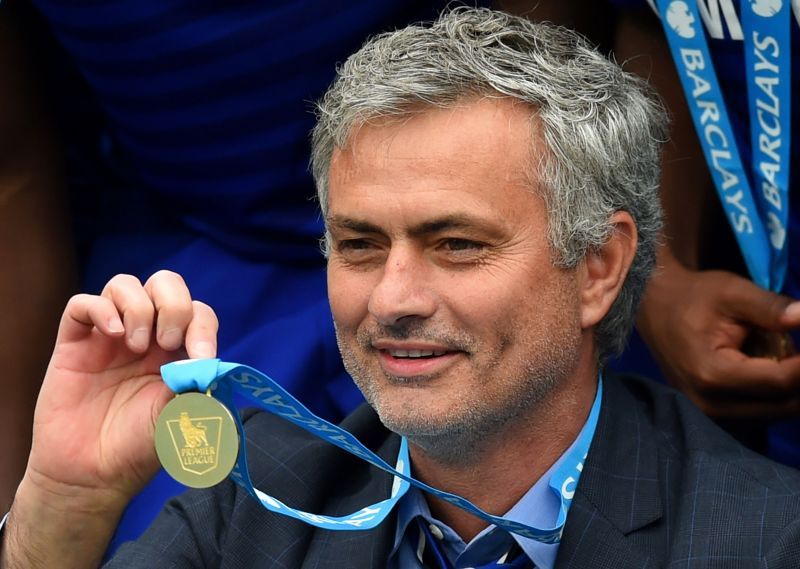
Second place and silverware
Mourinho answered his critics during his time at Manchester United by referring back to his past success in one of several memorable press conference rants. He cut a frustrated figure as his time Old Trafford came to an end, and his mood became representative of the toxic atmosphere that still exists within the club today.
Mourinho did deliver at Manchester United, headlined by lifting the UEFA Europa League in 2017 and finishing second in the Premier League table the following year, and such returns seem a distant dream for the club at present.
Meanwhile, Mauricio Pochettino failed to deliver a trophy during his five-year spell at Tottenham Hotspur. Despite taking the club to the UEFA Champions League final in 2019, he was dismissed later that year as the new stadium brought with it new ambition. Pochettino had managed against strict financial constraints as the stadium project took preference to on the field investment, and he went through two consecutive transfer windows without strengthening his squad.
Few managers would tolerate such prudence, but Pochettino is football romanticist, and the Argentinian had an appreciation for the long-term vision of the club.
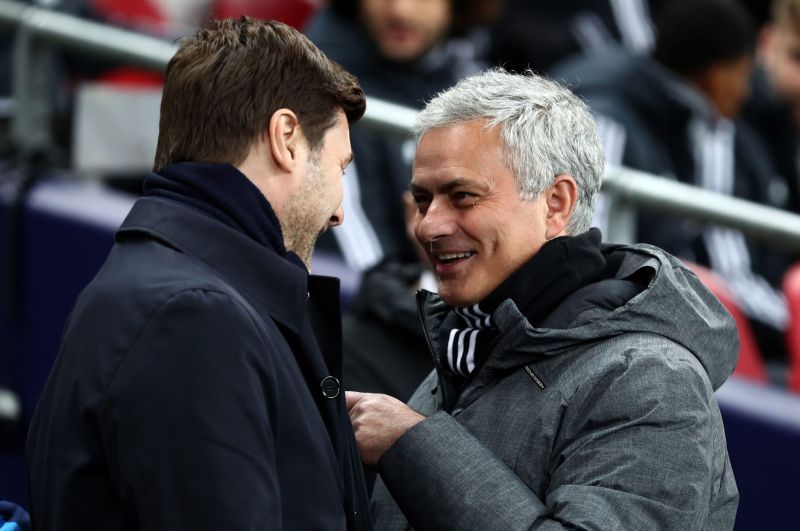
Mourinho and Pochettino have very different professional backgrounds, and their public personas are equally contrasting. Pochettino expresses a natural warmth and genuineness in his media duties, while Mourinho takes a defensive approach, answering questions as if a hidden agenda sits behind each request. Privately, Mourinho is a different character to the professional image that he portrays, and his success has been achieved with an 'us against the world' mentality that he has instilled within the teams that he has managed.
Pochettino was sacked by Tottenham Hotspur on the 19th November 2019, and Mourinho was announced as his replacement the following morning. It was a decision that raised eyebrows across the football world, and few understood the logic behind it. Pochettino was attracting attention from some of the biggest clubs in Europe, while Mourinho had found himself out of work for almost a year following his departure from Manchester United.
Taking that amount of time out of the game was not through choice for Mourinho, and in an emotional interview, he expressed his frustration of the situation and his desire to return to the dugout.
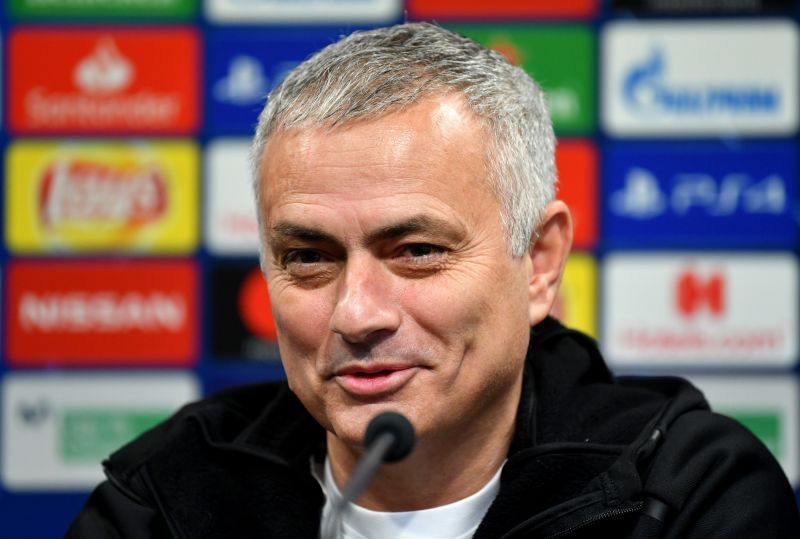
The hunger to achieve
For Mourinho, finding himself unwanted by the football world would have been taken as a personal insult, and would have brought back memories of how he had to make his name against the odds as a young and aspiring coach. Without a professional playing career to support his managerial credentials, Mourinho had to prove people wrong in order to make his way, and his hunger to achieve was pivotal in taking him to the very top of the European game.
Recent criticism of his style of play would have hurt him more than he would like to admit, and it is his inability to change that will ultimately prevent him from delivering success at Spurs. As another birthday passes Mourinho by, the passage of time has stripped him of the enthusiasm he once had for the game when he was making his name with Porto and Chelsea.
He peaked during his time at Internazionale, guiding the club from the Italian capital to the treble in 2009/10. At that point in his career, he was the same age as Pochettino is now, and the drive and desire he had then will be reflected in the former Spurs boss, ensuring that he will make the most of his next opportunity when he makes his inevitable return to management.
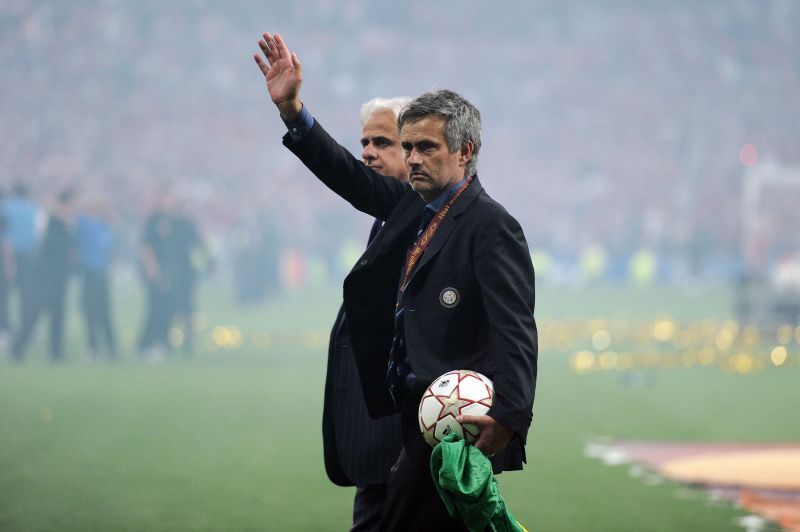
New ambition
It is difficult to understand the logic of appointing Mourinho to lead a project that requires short and long-term success at this stage of his career. The injury to Harry Kane has already brought a return to the familiar frustrated figure that has defined Mourinho's image in recent years, and the holistic progress of the club will be directly affected as the striker spends an extended period on the sidelines. The protracted exit of Christian Eriksen and reports of a training ground fallout with Danny Rose has also done little to lift the spirits.
Tottenham Hotspur are a club that are reinventing themselves in the modern game. That is the seismic difference in ambition that a new stadium can create. This is a new era for the club, and the additional revenue will form the cornerstone of future success. Having worked through the financial limitations, Pochettino deserved the opportunity to take this project forward, but the first steps that the club take in their new image will be dictated by Mourinho.
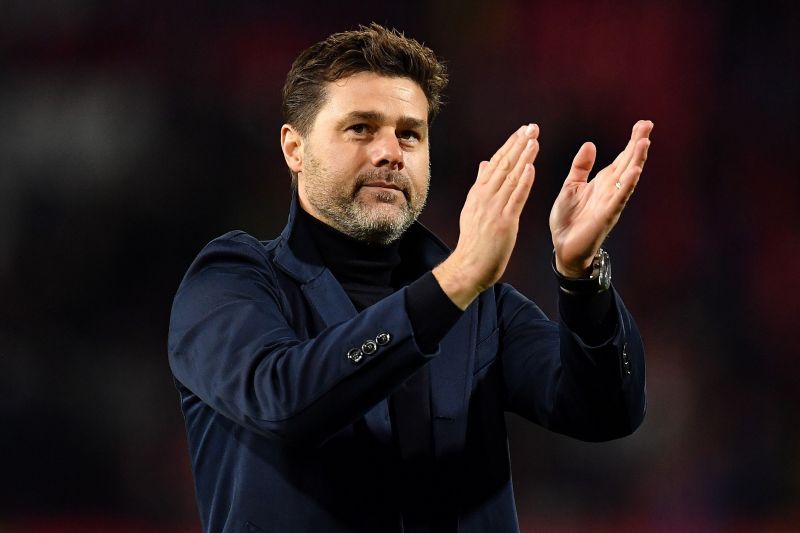
Inside the mind of a serial winner
Mourinho's career offers a fascinating psychological study, and his running battles with the fans, press and opposing managers all offer a glimpse into the mind of one of the most successful coaches in the modern game. Confrontational and controversial, these are the traits that Tottenham Hotspur have inherited with their latest appointment, and changing him would take away the elements of his persona that have been crucial in delivering the success that he has achieved.
Few managers have followed a career path like Mourinho. From working alongside Bobby Robson as an interpreter at Barcelona to an early departure from his first job with Benfica, everything that Mourinho has done has been to prove the people who doubted him wrong, and to make it to the top. Pochettino, by comparison, has followed a more conventional path, managing Espanyol after representing the club as a player, and eventually working his way into the Premier League with Southampton and then Spurs.
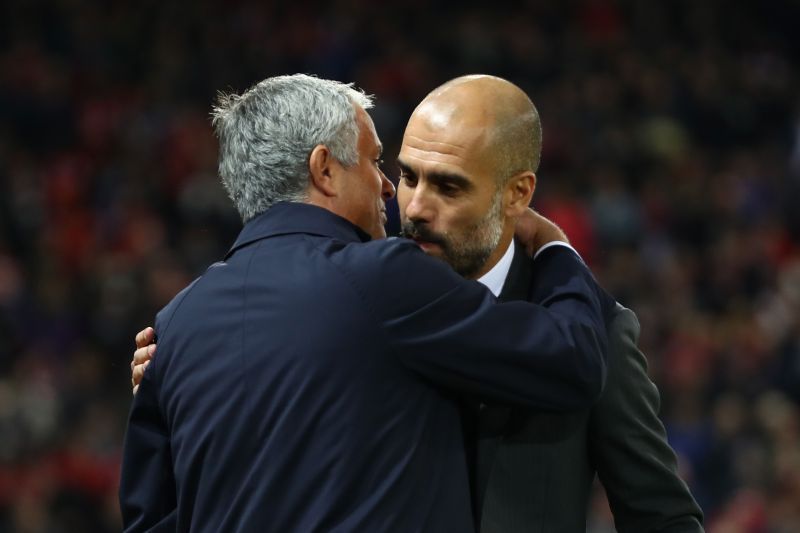
Charting the rise and fall of Mourinho, and the shift from success to failure mainly centres around his time at Real Madrid. In direct competition with Pep Guardiola's Barcelona at the very peak of their power, Mourinho was unable to repeat the dominant success that he enjoyed with Internazionale. Internal and external arguments with his players, the fans and the media took its toll during his three-year spell at the club. Despite winning the La Liga title in 2012, his time at the Santiago Bernabeu ended in disappointment.
A return to Chelsea followed, but a public row with Dr Eva Carneiro during a Premier League fixture against Swansea City in August 2015 showed a darker side to his character. The disturbance within the Chelsea ranks tarnished his reputation and followed on from a previous incident against Barcelona when he poked Guardiola's assistant, the late Tito Vilanova, in the eye as tempers flared. Such events suggested how frustrated Mourinho had become, and how his focus had shifted away from the game.
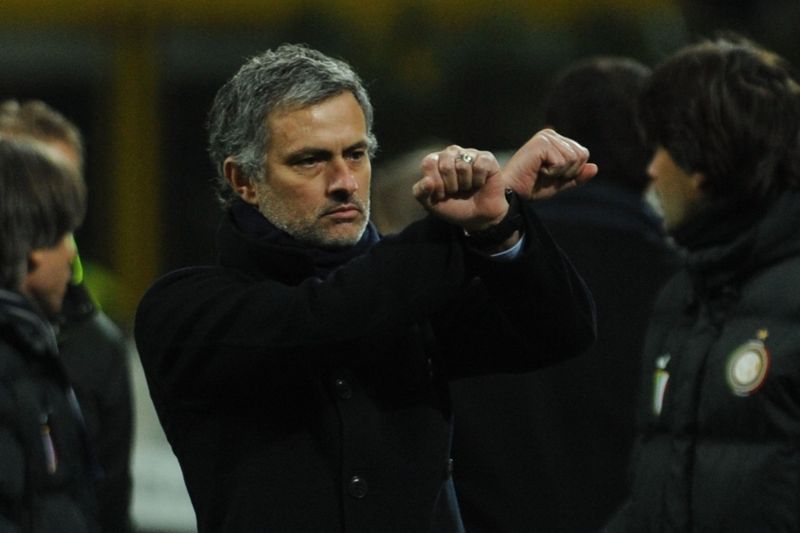
Enjoying a close relationship with Sir Alex Ferguson, Mourinho had spoken in the past of his desire to manage Manchester United one day. In May 2016, he signed a three-year deal at Old Trafford, and would again find himself up against Guardiola as city rivals. However, it was clear that the dream job had come too late for Mourinho, and the hunger and ambition he would have once brought to Manchester United was never really evident during his time at the club.
A new voice in the dugout
One intriguing change for Mourinho this time around, however, is that he will be assisted by João Sacramento rather than his former right-hand man Rui Faria. Sacramento turns 31 this week, and he brings a youthful enthusiasm that Mourinho will appreciate given his past. Faria had sat alongside Mourinho for 17 years, and it will be interesting to see how the relationship between Sacramento and Mourinho develops in the coming months. A young and enthusiastic voice could be the catalyst to reigniting his diminishing spark.
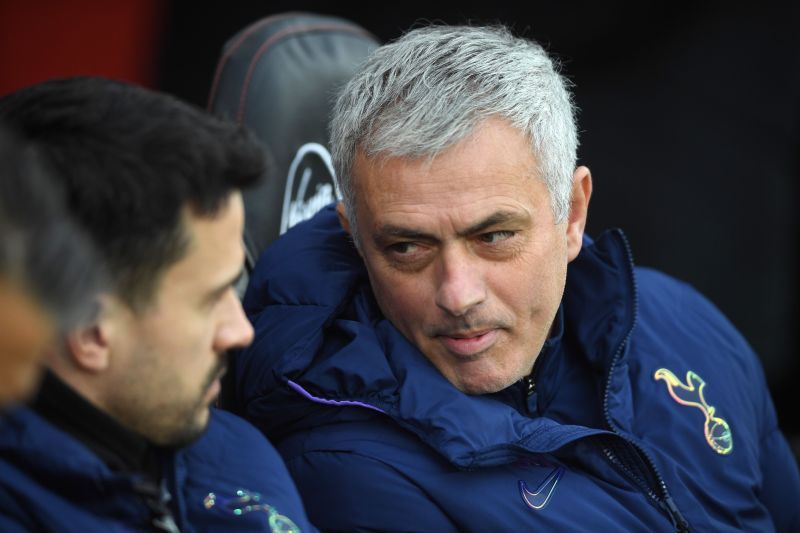
But while a rest from the game and a change in coaching personnel may invigorate Mourinho in the short-term, his style and approach simply does not fit with the vision that Tottenham Hotspur have for the future. His tactical approach will bring results, but the negative culture that has followed him around in recent years will not compliment the image and ambition of his new club. Mourinho's managerial record commands respect, but his past achievements will not inspire future success.